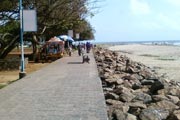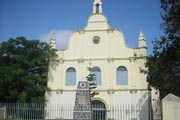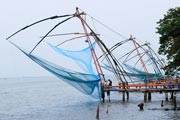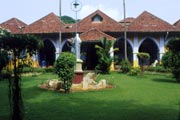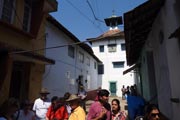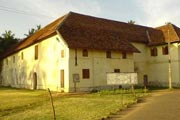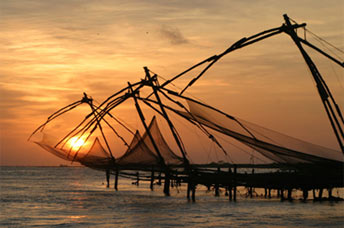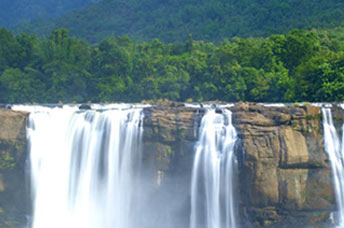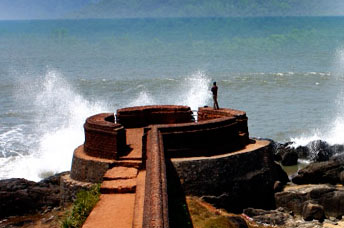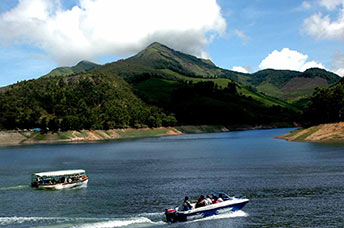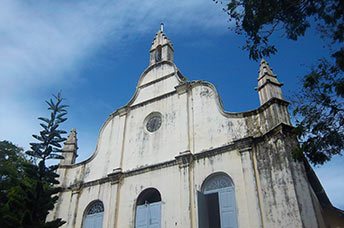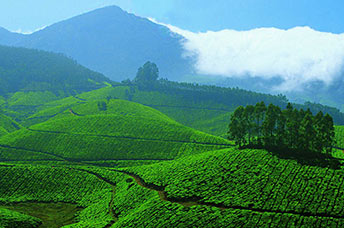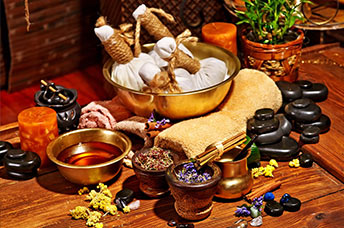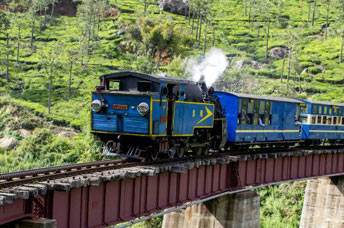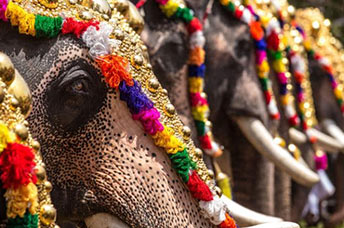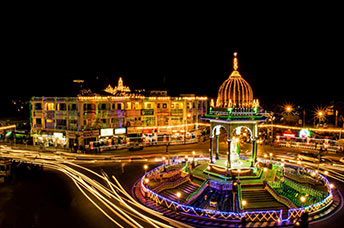Jew Street And Synagogue
Travel into antiquity on Jew Street. Narrow and lined with weathered, centuries old buildings and curio shops run by the descendants of the early Jew settlers here, the streets hark back to another time and place. Chat with a shop keeper or have your pick from a mind-boggling array of antiques: from carved wood furniture to bronze and brass sculptures, fine crockery to jewelry and more. Each with its own precious story to narrate – of long journeys over land and sea and across time.
Further down the street, prepare to be charmed by the 1568 Jewish Synagogue. Especially, by the way the light from the large open windows falls on the 19th century Belgian glass chandeliers and lamps, on the gleaming pillars and the floor made of hand painted, blue willow patterned ceramic tiles from 18 century China, each of a different exquisite design.
A pulpit with brass rails holds center stage in the large hall. Examine the synagogue’s exclusive gilt columned gallery for women. Or the teak ark that holds the four silver and gold encased scrolls of the Torah (the first five books of the Old Testament).
Gold crowns presented to the Jewish community by the Rajas of Cochin and Travancore, 4th century copper plates on which are inscribed – in Malayalam and in ‘Kannadiezhuthu’, a mirror image style of writing – the privileges granted to the community by the Raja of Cochin, an oriental rug presented to the community by the late Ethiopian emperor, Haile Selassie… You’ll leave here enchanted.
